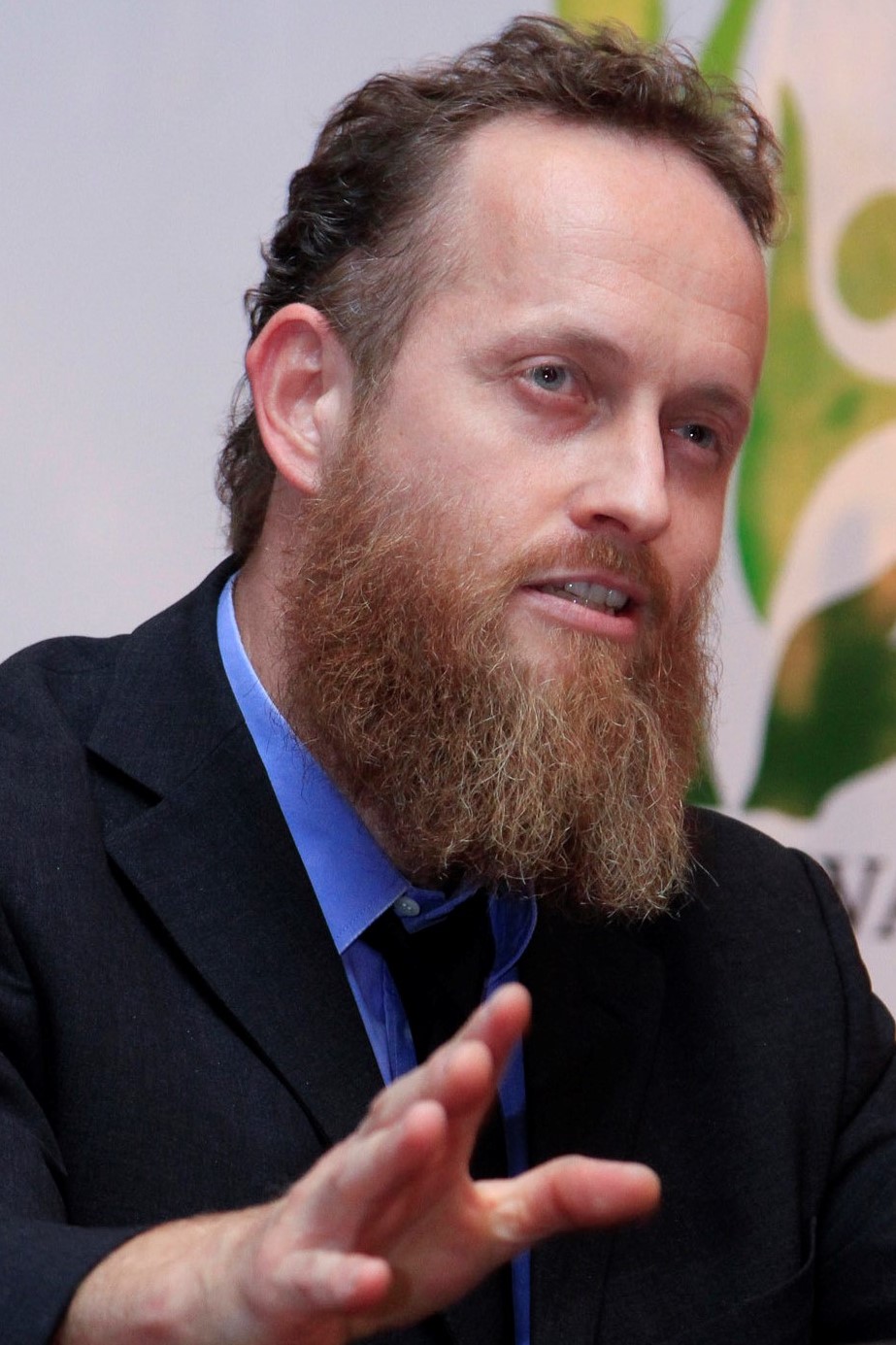Islamic Relief’s Dr Mohammed Kroessin, head of our Islamic Microfinance Business Unit, discusses how microfinance can reduce the economic suffering caused by the coronavirus pandemic.

Within a few weeks, the coronavirus pandemic has brought mighty China to its knees, with the rest of the world now following swiftly. The lockdown imposed by public health officials to stem the rate of infection has also created a massive economic impact. As always, the poor in both the developed and developing worlds are hit the hardest.
Small businesses or farmers especially can quickly run out of cash to buy raw materials or seeds as customers dry up or produce cannot be sold in markets.
But now with all sorts of businesses likely to flounder due to the economic consequences of the lockdown, another financial crisis is in the making.
Small and microenterprises, the backbone of many low-income countries’ economy, will bear the brunt and in turn, those who invested in them. Poor microentrepreneurs often had to borrow money to start out or to grow their business in the first place.
Microfinance, the provision of small loans or investments, has been for decades critical in small enterprise development but is now facing a crisis: poor borrowers who see their business collapse might default on loans en masse.
An economic crisis needs an economic response
The looming economic crisis can only be addressed with strong economic measures that focus on the preservation of enterprises as sources of employment and income generation. A recent study of the Ebola epidemic highlighted that the informal, urban non-agriculture sector was the worst affected — essentially, the majority of microfinance borrowers globally.
Some 140 million low-income people worldwide are in receipt of microcredit, totaling over US$120 billion. Over the last few decades, microfinance has been critical in the creation of self employment, higher household income and overall improved wellbeing.
But an economic crisis where many microfinance borrowers are unable to repay will also blunt financial inclusion as a development intervention as the logic of microfinance requires high repayment rates and a constant recycling of the capital.
A significant drop in repayment rates could render many microfinance institutions insolvent as they erode their loan portfolio to cover operating expenses. Microfinance institutions may be forced to make hard decisions to protect themselves by at best rescheduling or restructuring existing loans or at worst suspending new loan disbursements.
There is a risk that some governments may impose payment holidays without also providing financial support to microfinance institutions that are not capitalised to same degree as banks.
Importantly, to ensure that microfinance as a poverty reduction and economic development tool is not blunted by Covid-19, development finance institutions, multilaterals and bilaterals should consider rescue packages for microfinance institutions. These might include grants, zero-cost debt finance or credit guarantees.
This would allow microfinance institutions, which have built a longstanding trust relationship with their poor clients, to continue to provide finance. As the Ebola crisis has shown, borrowers remain committed to repayments despite delays outside their control.
By extending loan durations, giving concessional terms or through Qard Hasan, the millions of microenterprises that provide income to poor people could receive relief and focus on rehabilitation and recovery. With such rescue packages during and after the coronavirus outbreak, microfinance has the capacity to soften the economic impact and help poor communities to regain lost ground.
This article was first published in Islamic Finance news Volume 17 Issue 15 dated the 15th April 2020.










